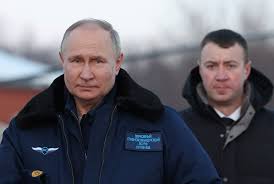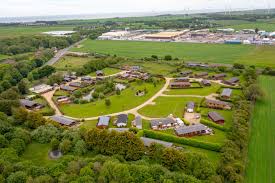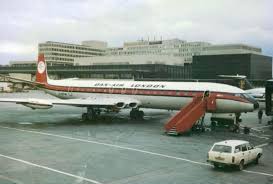The Role of Russia’s Putin in Today’s Global Landscape

Introduction
Vladimir Putin, the President of Russia, has been a pivotal figure in global politics for over two decades. His leadership has seen Russia navigate through significant international tensions, economic challenges, and domestic changes. Understanding Putin’s position is crucial, not only for grasping Russia’s current state but also for decoding the intricate web of global relations that define our contemporary world.
Putin’s Leadership and Foreign Policy
Since first taking office in 2000, Putin has maintained a firm grip on power, leveraging nationalism and asserting Russia’s presence on the global stage. His recent foreign policy moves, particularly the invasion of Ukraine in February 2022, have drawn widespread condemnation and severe sanctions from Western nations. This has led to a significant deterioration of Russia’s relations with the West, while simultaneously fostering closer ties with countries like China and Iran.
The Response to Ukraine Conflict
The ongoing conflict in Ukraine has not only reshaped the geopolitical landscape but has also significantly impacted domestic sentiments in Russia. Despite the Western sanctions and international isolation, Putin’s approval ratings have shown resilience, bolstered by state-controlled media narratives that emphasize national pride and security. Furthermore, the conflict has sparked debates on military expansion and modernisation within the Russian Armed Forces, prompting increased military spending and recruitment efforts.
Implications for Global Politics
Putin’s actions have sparked a broader conversation about the future of international alliances and the balance of power. NATO has seen a resurgence in unity and purpose, with countries like Sweden and Finland moving toward membership. On the other hand, the crisis has also highlighted the challenges of energy dependence on Russia within European nations, urging a rapid transition towards alternative energy sources and a reevaluation of energy policies.
Conclusion
As we move further into 2023, Putin’s influence will likely remain a defining factor in global affairs. The consequences of his policies extend far beyond Russia, affecting security strategies, economic forecasts, and international relations worldwide. Observers predict that Putin will continue to adopt aggressive strategies both domestically and abroad, with significant implications for global security and economic stability. Understanding the full scope of Putin’s leadership is essential for anyone looking to navigate the complexities of modern geopolitics.









